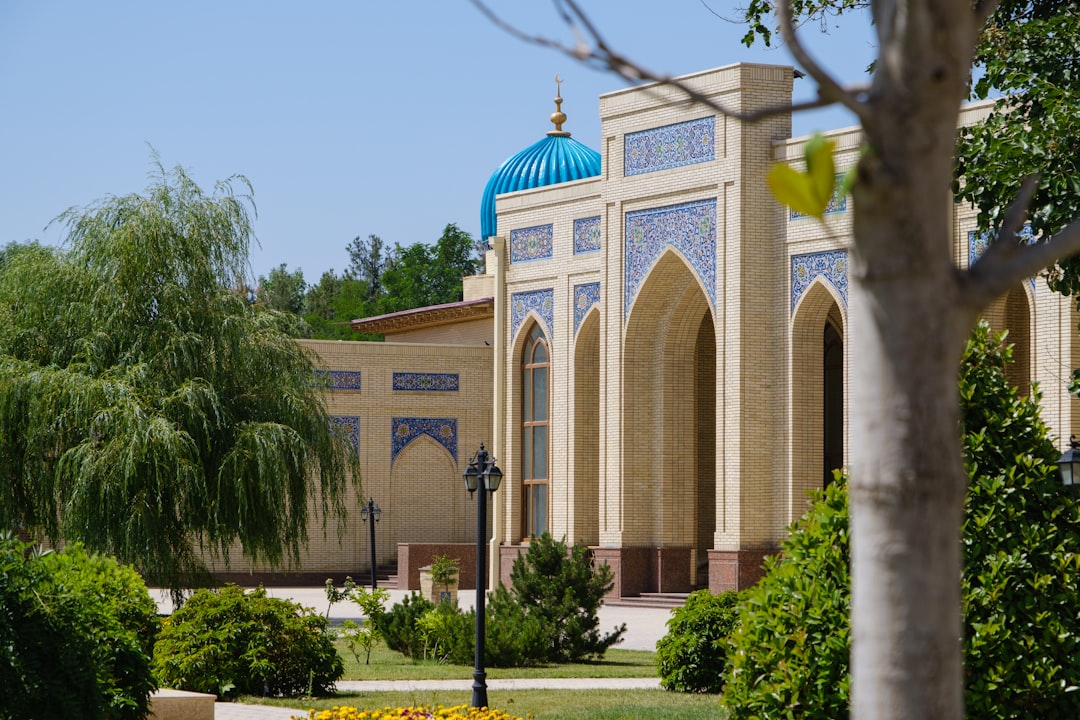In the realm of contemporary Islamic studies and interdisciplinary analysis, the academic contributions of Siham Ouardi have attracted increasing attention. Through her presence on Google Scholar, Ouardi has extended her influence beyond traditional academic boundaries, offering insights that accentuate the importance of critical theology, historical inquiry, and socio-religious critique. Her scholarly output is marked by a distinctive commitment to reexamining foundational aspects of Islamic tradition while fostering dialogue within academic and public spheres.
Ouardi’s work primarily revolves around Islamic thought, prophetology, and historical hermeneutics, often interrogating forensic and juridical interpretations applied to early Islamic texts. Her candid and sometimes controversial voice provides a much-needed analytical framework for understanding Islam in a contemporary socio-political context.

On Google Scholar, her body of work includes journal articles, critical essays, and books—each of which showcases a rigorous methodology grounded in historical exegesis and a keen sensitivity to cultural shifts. One of the most impactful recurring themes in Ouardi’s research is the deconstruction of preconceived religious narratives, aimed at demystifying the power structures that have historically silenced alternative interpretations within Islam. This positions her as a significant figure among emergent postmodern Islamic thinkers.
Key Contributions
- Historical Criticism: Ouardi’s work often involves a close reading of Islamic texts from a historical-critical perspective. Her analysis of the first centuries of Islam—particularly through the study of the Prophet Muhammad and the Rashidun caliphs—aims to highlight inconsistencies and biases in traditional historiographies.
- Gender Advocacy: One of the striking features of her scholarship is the integration of gender frameworks in interpreting Islamic history. Ouardi challenges patriarchal readings of the Quran and Hadith, situating women’s roles in Islamic communities as more dynamic and central than traditionally portrayed.
- Authority in Islam: A considerable portion of her published work critiques the concept of religious authority in Sunni orthodoxy. This topic is particularly explored in her acclaimed book “Les Derniers Jours de Muhammad”, where she readdresses the circumstances surrounding the Prophet’s final days with political realism and analytical daring.
When assessing her Google Scholar profile, it becomes evident that Siham Ouardi maintains a robust citation index. This reflects both the reach and the relevancy of her research in academic circles. Her ideas have not only permeated scholarly debate but have also initiated broader public conversations on reform, identity, and authenticity within Islamic contexts.
Though some critics challenge the provocative nature of her conclusions, it is precisely her audacity and methodological clarity that have earned her both supporters and dissenters. From a purely academic perspective, her work exemplifies high standards of analytical rigor and a profound understanding of classical Arabic sources. Ouardi does not merely repeat established narratives; rather, she seeks to offer new epistemological frameworks that re-situate Islamic history within its proper chronopolitical context.

Pedagogical Impact
Beyond her publications, Ouardi is also committed to academic mentorship and public education. Her work features prominently on graduate-level Islamic studies syllabi across Francophone and Arabophone universities. In addition, her public talks and media appearances extend the reach of her research to a more diverse and non-specialized audience.
Critique and Reception
The critical reception of Ouardi’s scholarship has been mixed—reflecting both the courage of her inquiry and the sensitivity of her subject matter. While some theological institutions regard her revisionist approaches as controversial, others consider her work vital for revitalizing academic discourse around Islam. Her publications are frequently cited in debates on Islamic reform, and this further underscores her relevance in contemporary discussions of faith, governance, and human rights.
Conclusion
Siham Ouardi’s profile on Google Scholar is a testament to her enduring influence in the fields of Islamic studies, historical analysis, and gender theory. Her academic work commands a space where critical inquiry is not only permitted but required. As Islamic thought continues to grapple with modernity, voices like Ouardi’s remain crucial in articulating a balanced yet daring trajectory for scholarly and spiritual renewal.
